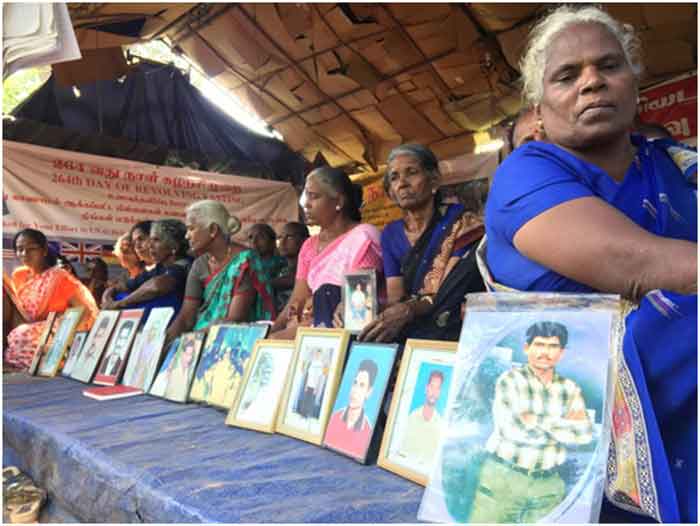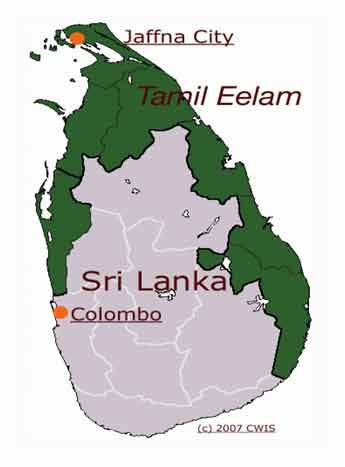
Dr Nishan De Mel, is the Executive Director of the Verite Research think tank based in Colombo. Dr Nishan, an economist with extensive academic, policy and private sector experience. Nishan taught and researched economics at Oxford and Harvard Universities. In the 1990s, he sat on multiple Presidential Task Forces in Sri Lanka, playing an instrumental role in designing national policies on Health Sector Reform, Social Security and Tobacco & Alcohol. He also served as the Executive Director of the International Centre for Ethnic Studies and the Sri Lanka Foundation Institute. He sits on multiple private sector boards and consults regularly as a strategist for some of the region’s largest firms. Nishan completed his undergraduate studies at Harvard University, and his graduate studies at Oxford University, where he was a Chevening Scholar. In an interview with Abhish K. Bose he discusses the current state of affairs of the Sri Lankan economy which has hit a downside.
Excerpts from the interview
Sri Lanka was facing an unprecedented economic crisis with skyrocketing inflation and default on its payment to its international debtors with heavy shortage of electricity, fuel and depreciation of its currency . The crisis hit the diverse realm of human life. What is the current state of affairs of the Sri Lankan economy ?
Sri Lanka has seen an improvement on several fronts in 2023. Firstly, prices have stabilized. Annualized inflation for the first half of 2023 was at 4%, which is better than even the optimistic expectations. Bank interest rates which had increased to around 30% have also come down steeply. There is an expectation that interest rates will reduce below 15% during the second half of the year. Remittances from Sri Lankans working abroad are returning to the country through the banking system, and account for a high proportion of the net inflow of foreign currency through the export of goods. Restrictions on the purchase of fuel have been eased, and there are also no enforced power cuts as in 2022. So Sri Lankan’s, overall, are feeling more optimistic about economic recovery than there were one year ago.
Sri Lanka paid international creditors until foreign reserves were virtually nil. It is postulated that miscalculated decisions caused misery on people’s lives and caused catastrophic impact in its economy. Is the damages sustained on the economy a result of the administrative failure?
Yes, Sri Lanka’s present economic crisis was avoidable. And even after the avoidable crisis was precipitated by poor economic policy, it could still have been mitigated. It was a series of bad decisions, stubbornly implemented, that led the catastrophic outcomes in the country.
It is said that the rise in price of oil as a result of the Russia – Ukraine war has impacted the Srilankan economy. What is your assessment on the war and its ramifications on the economy?
When a country is facing an economic crisis of its own making, it is particularly sensitive to changes in global conditions. In this case, global conditions were also adverse; so there was no external cushion for Sri Lanka.
Would you recommend at least five policy measures which you think will help revive the Srilankan economy and the possible assistance which can be offered by the international community in stabilising the economy, mitigate the grave humanitarian crisis as well as the miseries of the people?
Yes, I will mention four definite policy measures that can help Sri Lanka recover faster and better.
(i) restructure all tax holidays given by the country to investors in the past, with sunset clauses, to help build back Sri Lanaka’s low level of revenue, which is a driving element of the crisis
(ii) increase withholding tax from the current 5% to 10%. This is tax deduction at source and helps the government to collect taxes from the many who are not otherwise caught in the tax net. Verité Research has published a paper explaining why and how this can work, which can be found at this link: https://www.veriteresearch.org/publication/restoring-efficient-tax-collection-methods-withholding-tax-and-pay-as-you-earn/
(iii) have a deep restructure of external commercial debt (to make significant reductions in the net present value of the debt), to ensure that the country gets to a sustainable level of debt and doesn’t have to embark on a second debt restructure five years down the road.
(iv) reform economic governance, which has been plagued by corruption and incompetence. These features if not addressed will drive Sri Lanka back into crisis in the future.
A journalist with fifteen of years of experience Abhish K Bose was a staffer at The Times of India and The Deccan Chronicle – Asian Age. As a contributor, his interviews and articles have been published in Frontline magazine, The Wire, The Print, The Telegraph, The Federal, The News Minute, Scroll, The Kochi Post and the Asian Lite international published out of Manchester.














































